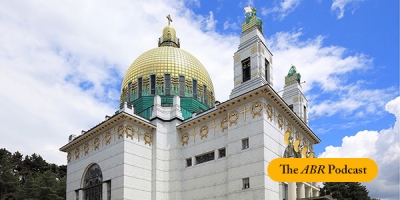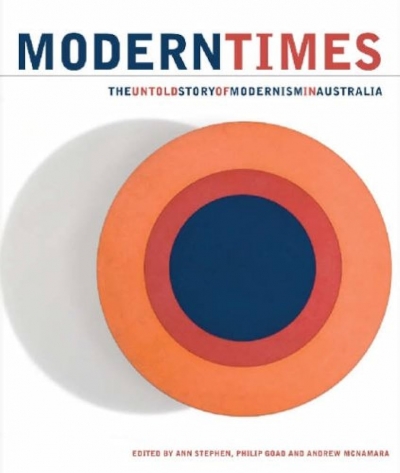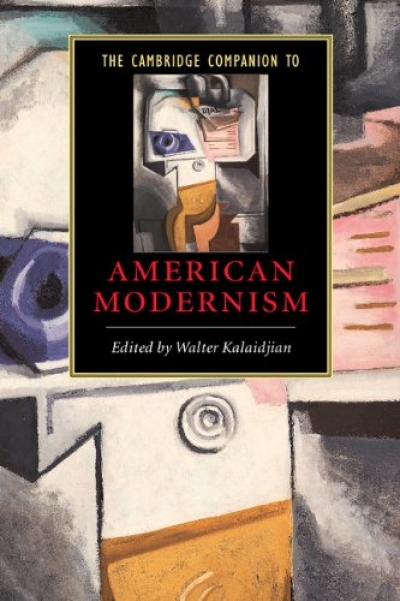Accessibility Tools
- Content scaling 100%
- Font size 100%
- Line height 100%
- Letter spacing 100%
Modernism
The ABR Podcast
Released every Thursday, the ABR podcast features our finest reviews, poetry, fiction, interviews, and commentary.
Subscribe via iTunes, Stitcher, Google, or Spotify, or search for ‘The ABR Podcast’ on your favourite podcast app.
‘Where is Nancy?’ Paradoxes in the pursuit of freedom
by Marilyn Lake
This week on The ABR Podcast, Marilyn Lake reviews The Art of Power: My story as America’s first woman Speaker of the House by Nancy Pelosi. The Art of Power, explains Lake, tells how Pelosi, ‘a mother of five and a housewife from California’, became the first woman Speaker of the United States House of Representatives. Marilyn Lake is a Professorial Fellow at the University of Melbourne. Listen to Marilyn Lake’s ‘Where is Nancy?’ Paradoxes in the pursuit of freedom’, published in the November issue of ABR.
Recent episodes:
Whereas many look to Vienna for its imperial architecture, the city developed a rich and complex relationship with modernist forms when they exploded across Europe in the early twentieth century. In this week’s ABR Podcast, Christopher Menz, former Director of the Art Gallery of South Australia, explains this fascinating aspect of Viennese cultural history – including its surprising connection with Australia. Christopher Menz and ABR Editor Peter Rose will be leading a cultural tour of Vienna from October 13 to 24 for Academy Travel. Listen to Christopher Menz in conversation with Academy Travel’s Stuart Barrie here.
... (read more)



